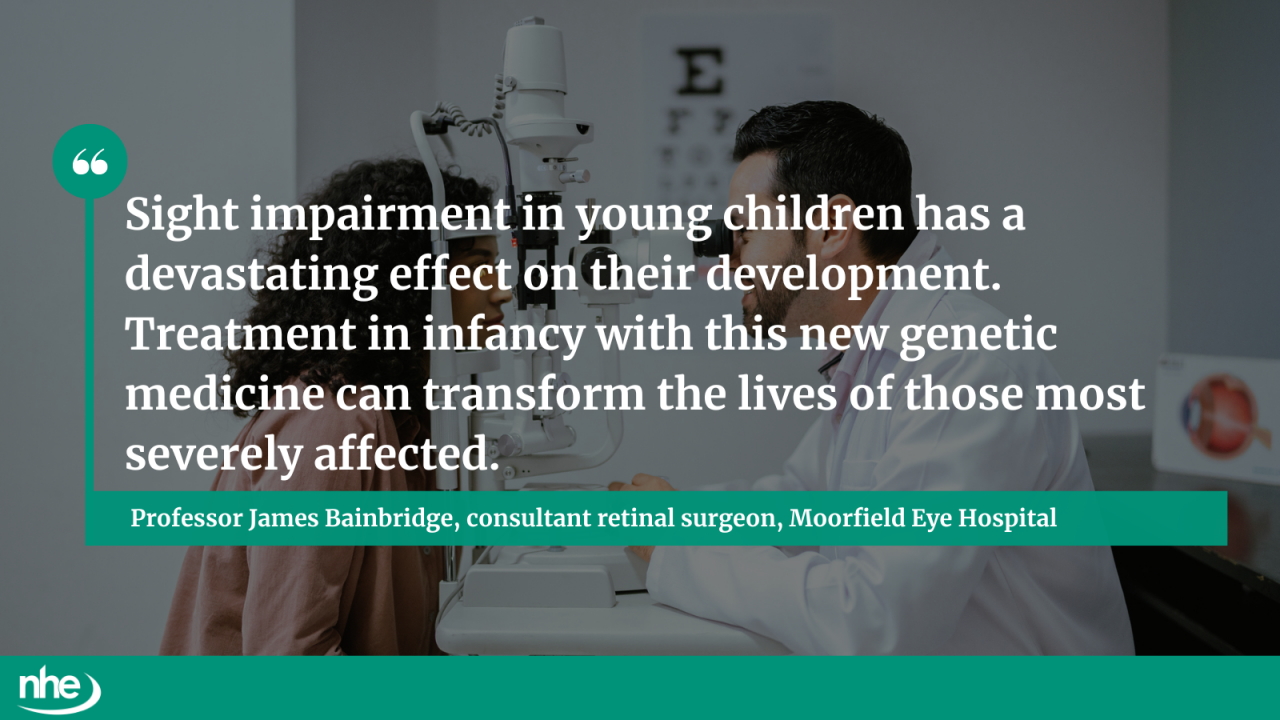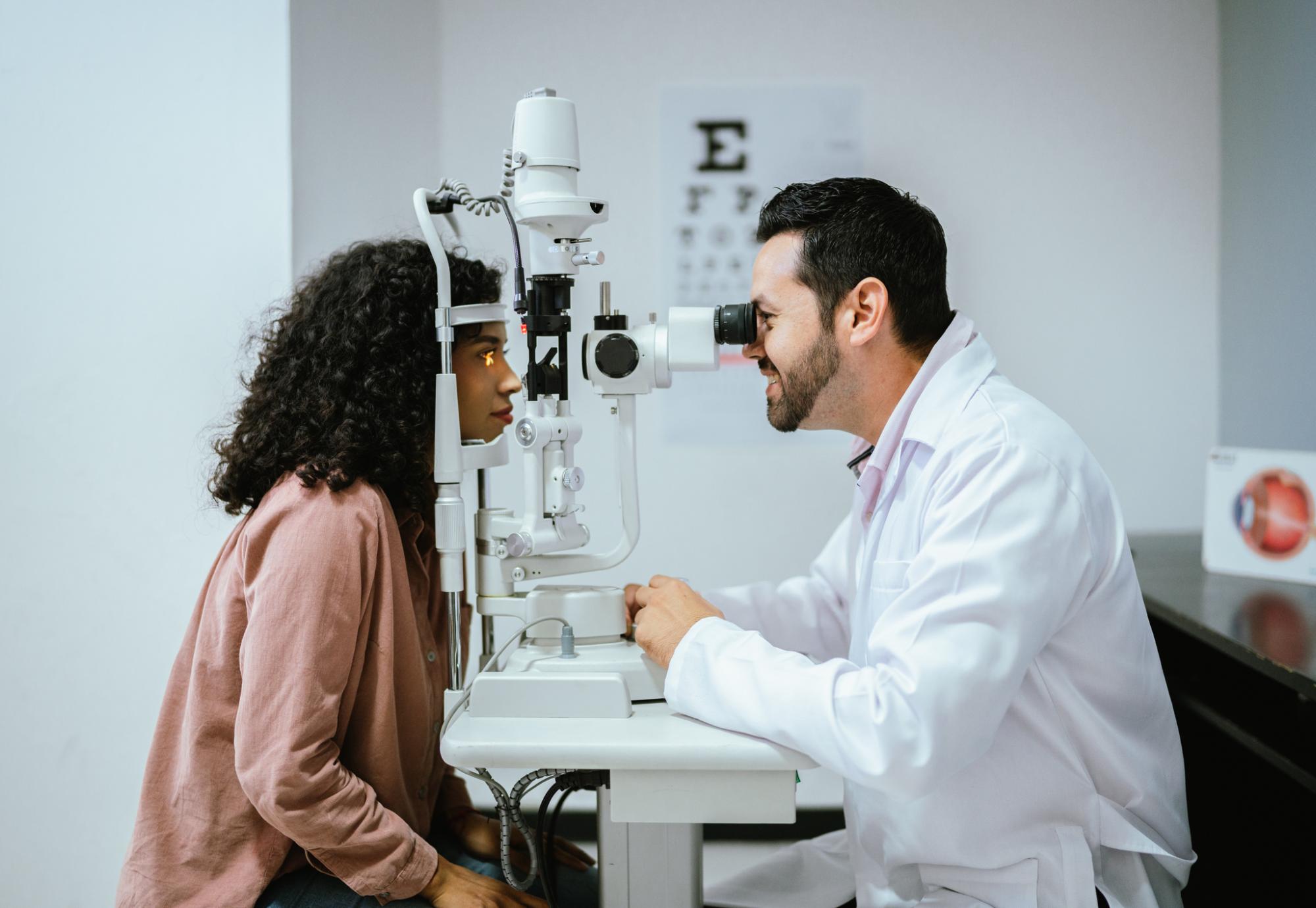In a major breakthrough, four children born with severe visual impairments have experienced life-changing improvements in their sight following treatment with a pioneering genetic medicine.
This innovative therapy, developed through a collaboration between Moorfields Eye Hospital and the UCL Institute of Ophthalmology – funded by the National Institute for Health and Care Research – offers new hope for children affected by rare genetic blindness.
The children, who were legally certified as blind from birth, suffered from a rare genetic deficiency affecting the AIPL1 gene. This defect causes retinal cells to malfunction and die, leaving those affected with only the ability to distinguish between light and darkness. Funded by the NIHR, Meira GTx, and Moorfields Eye Charity, the new treatment aims to enable retinal cells to function better and survive longer.
Professor James Bainbridge, consultant retinal surgeon at Moorfield Eye Hospital, said:
"Sight impairment in young children has a devastating effect on their development. Treatment in infancy with this new genetic medicine can transform the lives of those most severely affected."

The groundbreaking procedure involves injecting healthy copies of the AIPL1 gene directly into the retina through keyhole surgery. These copies are delivered via a harmless virus, allowing them to penetrate retinal cells and replace the defective gene. The first four children to receive this novel therapy were treated in one eye only to mitigate potential safety issues.
The children were assessed at the NIHR Moorfields Clinical Research Facility, with infrastructure support provided by the NIHR Moorfields Biomedical Research Centre. Over the following three to four years, all four children saw significant improvements in the treated eye, although they lost sight in their untreated eye. The outcomes, demonstrate that early intervention with gene therapy can dramatically improve sight for children with this rare and severe condition.
This breakthrough builds on the success of gene therapy for RPE65 deficiency, which has been available on the NHS since 2020. The new findings offer hope that children affected by both rare and more common forms of genetic blindness may also benefit from genetic medicine in the future. The research team is now exploring ways to make this treatment more widely available.
This pioneering work represents a significant step forward in the fight against genetic blindness, offering new possibilities for children worldwide.
Image credit: iStock



















